Research has been a critical mission of the Pediatric Infectious Diseases Division since its establishment in 1974. Our divisional faculty's research areas include:
|
|
The range of research interests is impressive in scope, spanning studies of single molecules to diverse populations across the world. Division faculty direct and/or contribute to multiple research programs, including the Elizabeth B. Lamb Center for Pediatric Research, the Vanderbilt Vaccine Center (VVC), Vanderbilt Vaccine Research Program (VVRP), the Institute for Global Health (VIGH), the Vanderbilt Institute for Infection, Immunology and Inflammation (VI4), and others. Along with discovery and application, training of new investigators is a key focus of our research programs. Our faculty mentor PhD graduate students, postdoctoral scientists, clinical fellows, and other faculty for basic, translational, and clinical research careers.
Please see below to learn more about our investigators and their research efforts.
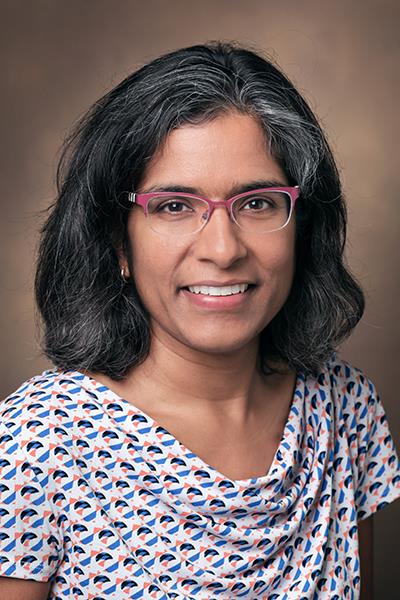
Ritu Banerjee, MD, PhD
Dr. Banerjee conducts clinical research related to surveillance of antibiotic-resistant bacteria and strategies to optimize appropriate antibiotic use. She is the principal investigator on several NIH-and CDC-funded studies, implementing and evaluating rapid diagnostics and other antibiotic stewardship interventions. She is the Director of Antibiotic Stewardship for the Monroe Carell Jr. Children’s Hospital at Vanderbilt.
Click here to learn more about Dr. Banerjee’s research.
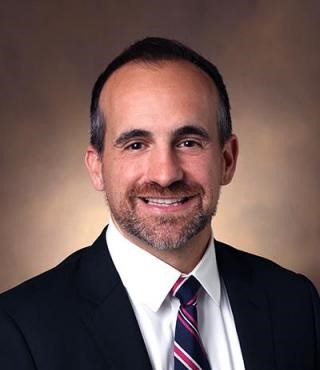
Jim Cassat, MD, PhD
Research in the Cassat laboratory focuses on three main areas: 1) host-pathogen interactions during invasive Staphylococcus aureus infection, with a specific focus on osteomyelitis; 2) osteo-immunologic crosstalk in the pathogenesis of infectious diseases; and 3) mechanisms of bone loss during inflammatory bowel disease. Dr. Cassat serves as an Associate Director of the Vanderbilt Institute for Infection, Immunology, and Inflammation (VI4) and is a core faculty member of the Vanderbilt Center for Bone Biology and the Vanderbilt Digestive Diseases Research Center. He trains graduate students, postdoctoral fellows, medical students, and others for research careers in Infectious Diseases, bacterial pathogenesis, and osteoimmunology.
Click here to learn more about Dr. Cassat’s research.

Jim Chappell, MD, PhD
Dr. Chappell's scientific interests encompass the biology, pathogenesis, etiology, prevention, and treatment of viral diseases. His current research includes the contemporary pathogen spectrum, microbial genetic features, clinical presentation, and host risk factors associated with acute viral respiratory and gastrointestinal illnesses; vaccine effectiveness against these infections; and vaccine responses in diverse populations.
Click here to learn more about Dr. Chappell’s research.

C. Buddy Creech, MD, MPH
Dr. Creech directs the Vanderbilt Vaccine Research Program (VVRP), home to the NIH-funded Vanderbilt Vaccine and Treatment Evaluation Unit (PI: Creech) and the CDC-funded Clinical Immunization Safety Assessment Network (PI: Dr. Kathryn Edwards). His team focuses their work on the evaluation of new vaccines and therapeutics across several pathogens, including influenza, pertussis, SARS-CoV-2, S. aureus, and RSV. Studies often leverage next generation sequencing and immunology approaches, such as RNAseq, metabolomics, and ribosome profiling, to characterize the human response to infection and vaccination. The team is comprised of research nurses, clinical coordinators, regulatory specialists, quality assurance/quality control specialists, administrators, laboratory technicians, scientists, and physicians.
Click here to learn more about Dr. Creech’s research.

James E. Crowe, Jr, MD
Dr. Crowe is Director of the Vanderbilt Vaccine Center (VVC). His laboratory studies the human immune response to infection for a wide variety of major human pathogens, including many emerging infections. His group has isolated and tested monoclonal antibodies against critical human pathogens including influenza, Ebola, dengue, and others, many of which have potential as therapeutic and prophylactic interventions. Dr. Crowe is active in training of graduate students, postdoctoral fellows, and research faculty.
Click here to learn more about Dr. Crowe’s research.

Walter Dehority, MD, MSc
Dr. Dehority's research interests include chronic osteomyelitis and vaccine hesitancy. He is interested in developing a systematic approach to understanding and defining clinical presentations of chronic osteomyelitis. Ultimately, such a framework could be used to design prospective studies to optimize management approaches for this disease. Additionally, he is interested in developing widely-accessible, brief, and engaging point-of-care interventions to educate and foster discussion among vaccine-hesitant individuals, and ultimately, increase vaccine confidence.
Click here to learn more about Dr. Dehority's research.
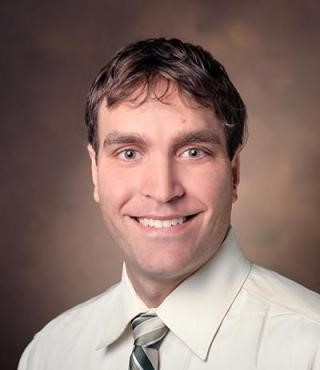
Dan Dulek, MD
Dr. Dulek's research is focused on multicenter, collaborative studies of the epidemiology, treatment, and diagnosis of infections in transplant patients. In addition, he has a specific interest in immunogenetic prediction and stratification of infection risk in immunocompromised patients.
Click here to learn more about Dr. Dulek’s research.
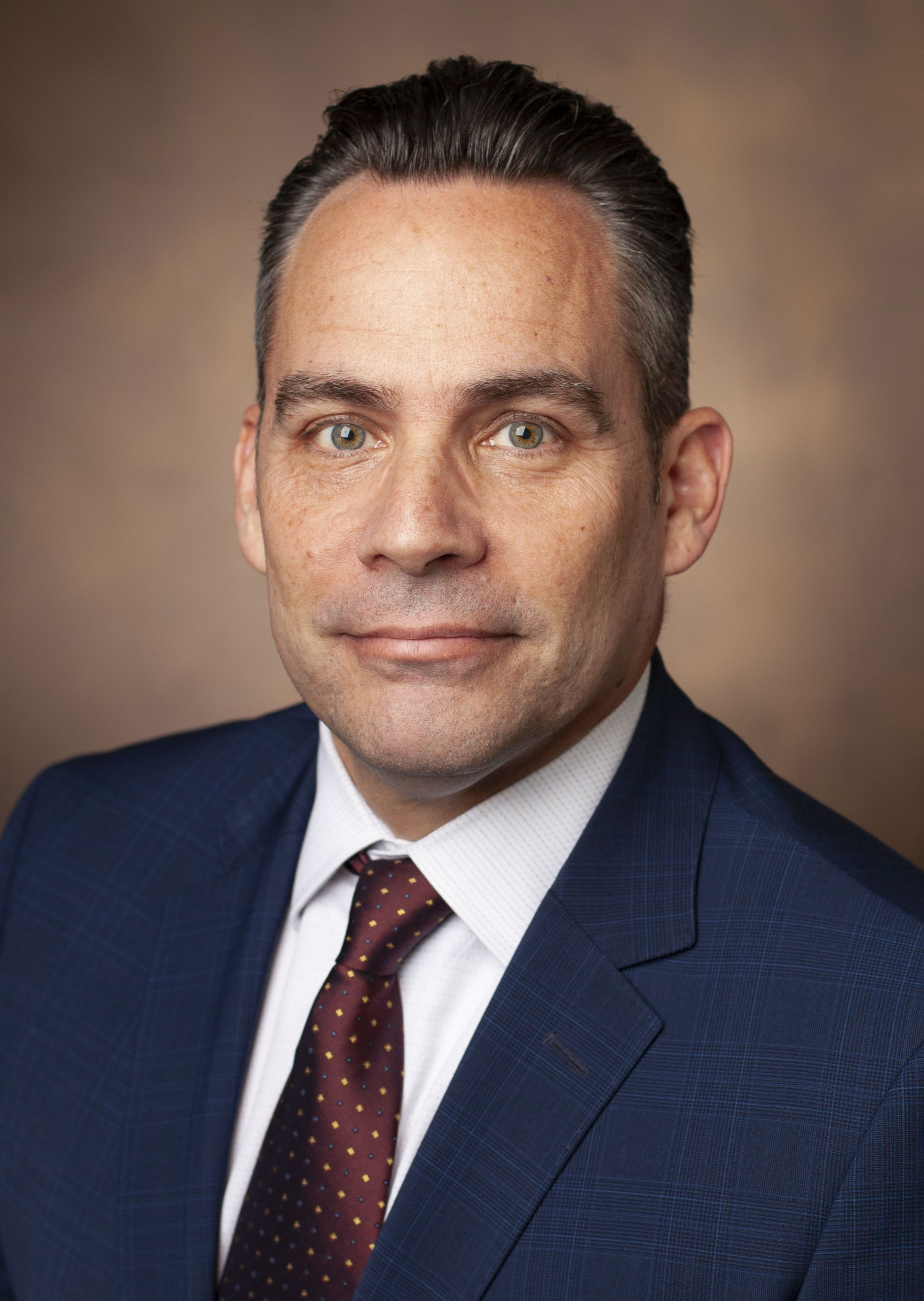
Anthony R. Flores, MD, MPH, PhD, FAAP, FPIDS
Dr. Flores is a physician-scientist with expertise in pediatric infectious diseases. Dr. Flores’ research focuses on the bacterial genomic epidemiology and virulence mechanisms of pathogenic streptococci (group A and B streptococci) and is funded by grant awards from the NIH/NIAID. His research uses a combination of bacterial disease epidemiology, cutting-edge genomic technologies, and classical bacteriology techniques to understand epidemic clonal emergence and mechanisms of disease in streptococci. His work also includes examining the mechanisms of group A streptococcal carriage as a risk factor for disease in children.
Click here to learn more about Dr. Flores' research.
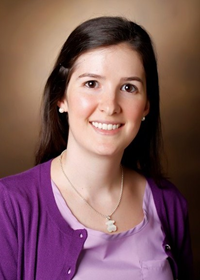
Natalia Jimenez-Truque, PhD
Dr. Jimenez-Truque focuses on vaccine trials as the project manager for the Vanderbilt Vaccine and Treatment Evaluation Unit (VTEU), one of several NIH-NIAID VTEU sites funded to test new and improved vaccines and therapies against infectious diseases.
Click here to learn more about Dr. Jimenez-Truque’s research.
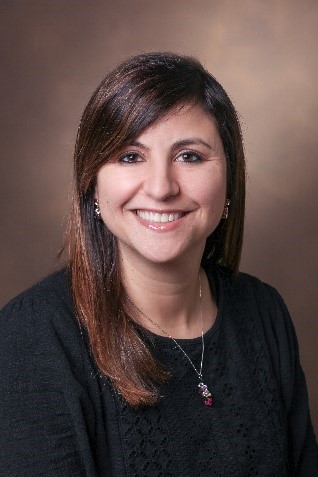
Natasha Halasa, MD, MPH
Dr. Halasa’s research program focuses on determining the burden of diarrheal and respiratory illnesses in young children and specialized populations and finding ways to reduce their burden through vaccine and drugs. Dr. Halasa also has been involved in vaccine trials enrolling children, including young infants and specialized populations such as children with cancer. She has studied vaccines for influenza, pertussis, pneumococcus, and RSV. She is PI of the Vanderbilt site of the New Vaccine Surveillance Network (NVSN), established to predict the impact of potential new vaccines in pediatric and adult patients. Dr. Halasa is active in training of Peds ID Fellows, students and postdoctoral scientists.
Click here to learn more about Dr. Halasa’s research.

Leigh Howard, MD, MPH
Dr. Howard’s research focuses on understanding longitudinal pneumococcal colonization dynamics and the impact of these dynamics on development of acute respiratory illnesses (ARIs) in young children in the rural Peruvian Andes. Her work also focuses on the impact of interactions between respiratory viruses and colonizing pneumococci on ARI pathogenesis in these children. Dr. Howard also co-leads a prospective household-based study of children and adults in Lima, Peru designed to study the epidemiology of respiratory viral and bacterial infections, environmental drivers of antimicrobial resistance among colonizing respiratory bacteria, and transmission patterns of respiratory viruses and antibiotic-resistant bacteria within households and communities. Dr. Howard’s research activities are housed in the Vanderbilt Vaccine Research Program where she also serves as a co-investigator in several vaccine clinical trials funded by the NIH Vaccine Treatment and Evaluation Unit. She is also the VUMC site PI for the national multicenter PRISM (Pediatric Research Immune Network on SARS-CoV-2 and MIS-C) study. Dr. Howard is also active in training Infectious Disease Fellows.
Click here to learn more about Dr. Howard’s research.
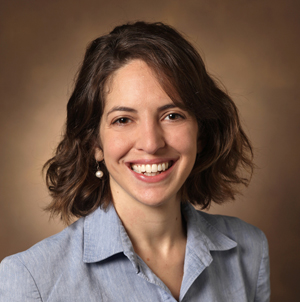
Sophie Katz, MD, MPH
Dr. Katz is the Associate Director of the Pediatric Antimicrobial Stewardship program and leads the outpatient antimicrobial stewardship program for Monroe Carell Jr. Children’s Hospital at Vanderbilt. Her research targets development and implementation of methods for increasing appropriate antibiotic use in the outpatient setting. She is committed to training ID Fellows in methods of quantitative analysis of antibiotic use and outpatient antibiotic stewardship interventions.
Click here to learn more about Dr. Katz’s research.
Kristen Ogden, PhD
Research in the Ogden Lab is focused on the tropism and diversity mechanisms of RNA viruses, including rotavirus and reovirus. The Ogden Lab is studying functions of rotavirus outer-capsid proteins in infection and neutralization, contributions of FAST proteins to virus spread, and effects of virus transport as free particles or in extracellular vesicles. In addition, the lab uses reovirus to answer fundamental questions about virus structure, virus-cell interactions, and viral diversity.
Click here to learn more about Dr. Ogden’s research.
Stephanie L. Rolsma, MD, PhD
Dr. Rolsma serves as a co-investigator in studies conducted through the NIH-funded Vanderbilt Vaccine and Treatment Evaluation Unit (VTEU). She is a co-investigator for the CDC-funded Clinical Immunization Safety Assessment Network she works to address safety issues and clinical adverse events following vaccinations.
Click here to learn more about Dr. Rolsma's research.